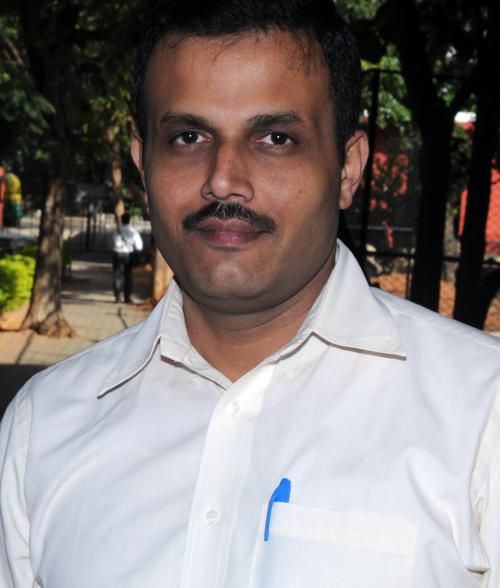
NLSIU Bangalore’s flagship post-graduate distance education course is the Master of Business Laws (MBL), in which 964 students enrolled last year.
However, a recent University Grants Commission (UGC) notice had apparently begun to worry some students on the course that the Master of Business Laws (MBL) was under threat, as its name was not on the list of course names allowed by UGC
In a May letter to NLSIU, the UGC had “raised an issue of the nomenclature - they want the nomenclature of all courses to be as per 2014 notification”, which the MBL did not fulfil, confirmed Dr Sairam Bhat, coordinator and associate professor of NLSIU’s distance education department (DED).
However, Bhat said that things would stay as they are as NLSIU was exempt from the 2014 notification due to it having been accredited before then.
The NLSIU MBL had been started in 1994, Bhat explained, with recognition by the erstwhile Indira Gandhi National Open University (IGNOU) granted in 2007. In 2013, the UGC’s Distance Education Bureau (DEB) took over recognition of distance education courses and had recognised the MBL from then.
“We won’t change the name,” he said. “What we have told the UGC is, you should apply the notification prospectively and not retrospectively. Plus you have already given recognition for the same, it should apply prospectively.”
And although a lack of UGC accreditation does not have any real adverse consequences for a college, Bhat said that it was still important for NLSIU to comply. “Because we have always applied for UGC recognition, we want to continue the same. We believe in giving our students the best accredited courses, and one of the accreditations is the UGC, so we want to continue doing that.”
Money maker?
With 964 students enrolled last year and tuition fees of Rs 30,000 per student for two years, the MBL is good business, and would have generated around Rs 2.89 crore for NLSIU’s coffers (after two years, a continuation fee of Rs 2,500 is charged, which lets students complete the MBL in a maximum of five years).
In the 2011-12 year, according to the slightly dated budget published by NLSIU under RTI on its website, the DED that year brought in Rs 6 crores of receipts in total (compared to student fees of only Rs 4.25 crore, Rs 4 lakh of grants from the Karnataka government and other incomings having made up a total of Rs 16.9 crores).
However, said Bhat, the MBL and the other 7 diplomas at the DED were not started as a money making venture for the college but as fulfilment of its social responsibility.
“The MBL programme was started with a different objective,” said Bhat, as the undergraduate intake was limited to only 80, and even fewer in the LLM postgraduate. “We wanted to do continuing legal education and reach those beyond who can come for regular programmes at law schools. We thought we must [provide] for legal education to the wider community.”
Furthermore, most of the courses set up by the DED were started after requests by ministries, he noted.
He listed the recent courses on cyberlaw, consumer affairs, intellectual property rights, and environmental law, as having all come about through various ministry memoranda of understanding (MOUs), and in the case of the environmental law course, also with funding from the World Bank.
Other courses at the DED include a diploma in human rights, medical laws, and child rights.
The mandate for the DED was to be “socially relevant”, said Bhat, and the courses often provide training for government officers and civil servants without a law background.
He also added that the difference between the courses at NLSIU Bangalore and those offered elsewhere, was that they were completely conceptualised and run by the college. “We are completely doing A to Z on our own: no private institutes have tied up with us, right from admission, everything is done through the public university system.”
That said, the MBL remains the largest and the flagship course at NLSIU, with response variable between courses. The environment course has had around 47 students, while the medical law diploma had around 150 students but most other courses have smaller numbers.
While nominally distance education, the MBL also offers classes two times per month in Bangalore in person, but far from every student attends these (in fact, the majority don’t).
And the pass rate per year, perhaps surprisingly, is only 20 per cent, though many students also don’t eventually take the exam, explained Bhat.
threads most popular
thread most upvoted
comment newest
first oldest
first
Not too sure, alum status, matters a hell lot.
Not that it doesn't, but not that much that one course calling themselves alums would effect the rest.
@ 2 Whoa - I don't mean to be rude, but you really need to work on your grammar and writing. First, "alums" is not the plural for "alumni" ("alumni" itself is the plural for "alumnus")... and the 3rd last word should have been "affect" (not "effect"). Second, your comment is cryptic beyond reckoning, if you understand what that means :P
threads most popular
thread most upvoted
comment newest
first oldest
first